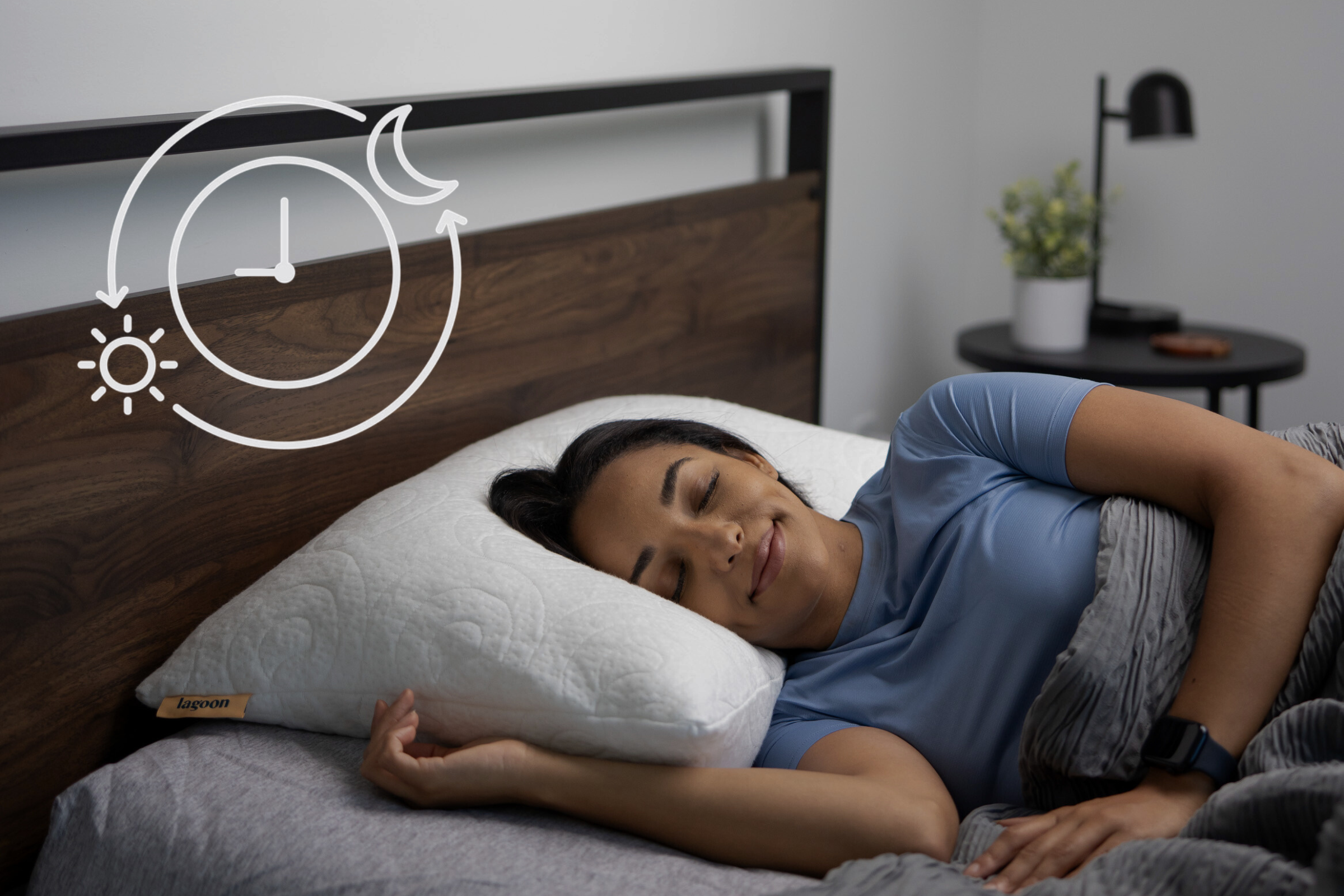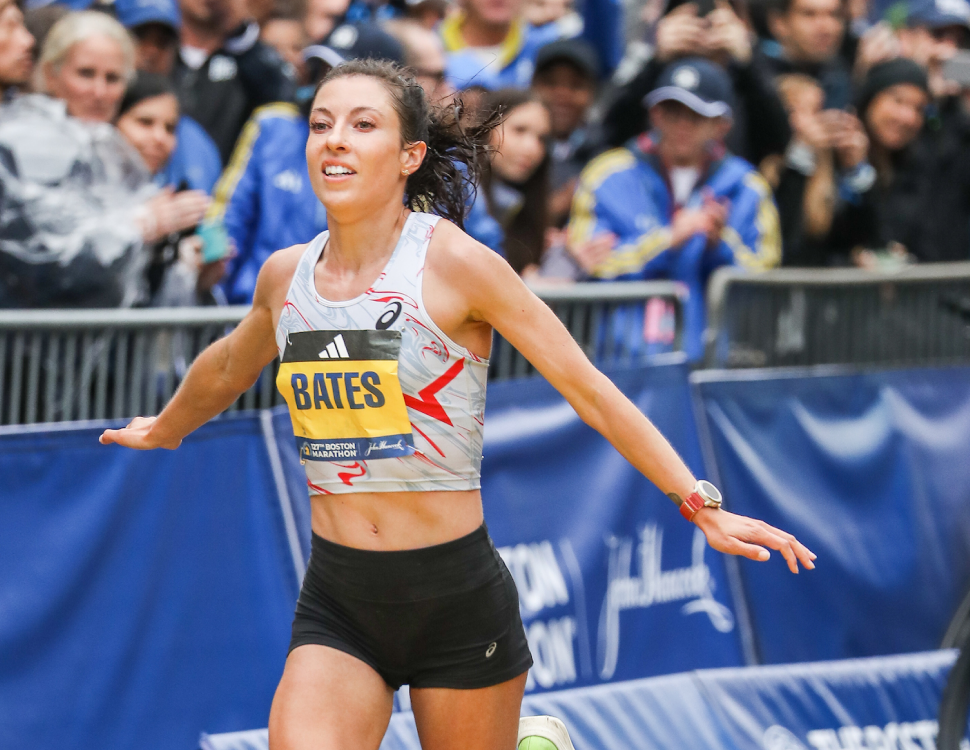Sleep Better. Swim Faster. Part 1
How Much Should You Really Care About Sleep?
“Sleep Better. Swim Faster.” is a three part series in which we will set the stage for the importance of sleep to your athletic performance (Part 1), look at how elite athletes value and prioritize their sleep (Part 2), and lay out a guide book for optimizing your sleep (Part 3).
__
Eat. Sleep. Swim. This is a mantra meant to describe the life of a swimmer.
However, the real value in these words is that they are also the three pillars to optimizing your performance in the pool.
While sleep is one of the key three pillars, it’s often the most easy to neglect. This series is intended to help you understand why sleep is so important to athletic performance and provide a roadmap that you can follow to continuously improve your sleep.
To start, let’s define how we look at sleep both in the short and long term.
- Short Term: This is a gauge of how we sleep the night before a workout (or leading up to a meet) and the impact that it has on a particular performance. This is equivalent to your daily practice schedule.
- Long Term: This is our relationship with sleep, and our ability to practice healthy sleep habits on a consistent basis which allows us to unlock our greater potential. This is equivalent to your full swim season.
Short Term
We’re constantly faced with circumstances like a homework assignment that’s due the next day, or an opportunity to hang out with your friends, or something really captivating on Netflix.
In those moments, it’s really easy to prioritize the events, and let our sleep suffer for the night.
The reason this is relatively easy is because technically we can get by with 6 hours rather than 8 to 10 hours of sleep.
But while you may still get up on-time for practice or school - there will be two major differences in your performance
- Motivation: Not getting enough sleep has the biggest effect on endurance athletes (swimmers) because at some point during a workout, a swimmer will confront “the wall” and need to be able to find the motivation to push through it. When we’re sleep deprived we have a significant decrease in motivation, meaning it’s less likely that we will rise to the challenge.
- Muscle repair/growth: Sleep, specifically “deep sleep” is when the body effectively repairs any micro-tears in our muscles so that muscle growth can occur. Without enough quality, deep sleep our recovery is compromised. This means we’ll feel more fatigued the next day because our muscles did not have the opportunity to fully rebuild. A repeated lack of repair is what makes you more prone to injury.
The good news is that if you do get enough sleep before a practice or meet there’s a higher likelihood that you will feel motivated and that you did give your muscles a chance to repair.
Long Term
Once we’ve acknowledged that we need to make room for proper sleep every night, we can turn our attention to what that looks like over the longer term. This means looking at how we build and refine our sleep routine over time.
Try and equate stringing together multiple nights of quality sleep to having great attendance and consistently working hard at practice.
Just because you have a few great practices in the second week of October, doesn’t necessarily mean you’ll have your best meet on October 15th. It takes time for you to have several weeks and months of consistently great practices before you achieve your best times at the end of the season.
Similarly, each night of quality sleep is another coin you’re putting into the piggy bank, and at the end of the season you want to make sure you have as many coins in the bank as possible.
In Part 3 we’ll go into greater detail about what makes a successful sleep routine, but until then know that the foundation for success will always be consistency. This means getting 8-10 hours of sleep every night, and going to bed at the same time every night.
A study conducted by Stanford University had swimmers increase their sleep to 10 hours per night over 6-7 weeks. The study found that these swimmers improved their 15 meter sprints by half a second, and they also had faster reaction and turn times. This is just one great example that shows that when it comes to sleep - consistency over time is the best recipe.
Here at Lagoon we’re committed to helping athletes prioritize their sleep so they can maximize their performance. If you have any questions or would like to discuss strategies to improve your sleep, please reach out to us at hello@lagoonsleep.com.







